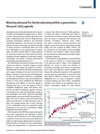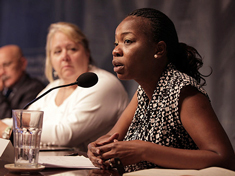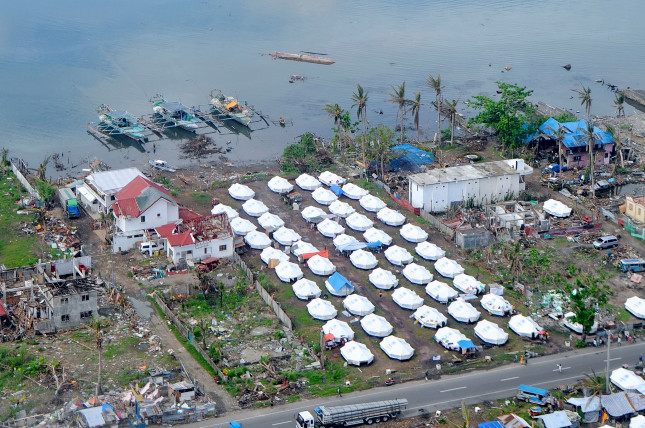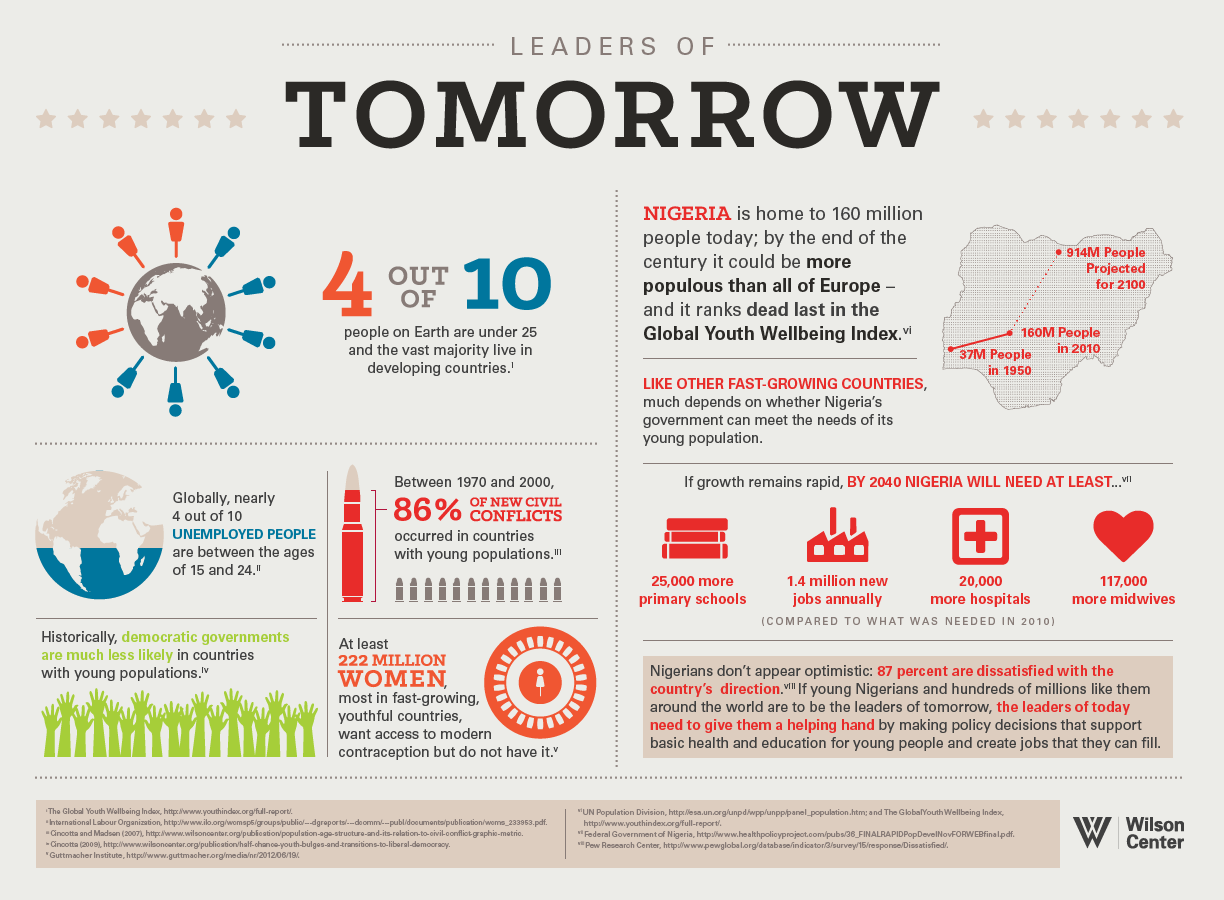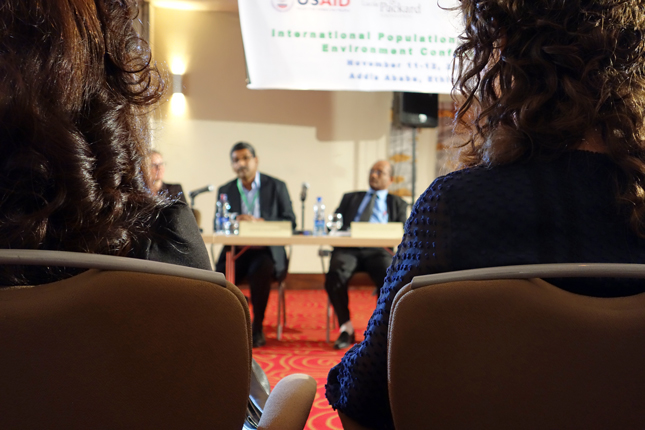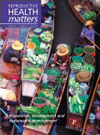-
Addressing Reproductive Health and Rights in a Post-MDG World Begins With Inequality
› The importance of reproductive health and rights in responding to global climate change and facilitating sustainable development is becoming increasingly clear. But as two articles recently published in The Lancet explain, any post-Millennium Development Goals development agenda that hopes to address these issues must do a better job reaching populations that have largely been excluded from recent advancements.
The importance of reproductive health and rights in responding to global climate change and facilitating sustainable development is becoming increasingly clear. But as two articles recently published in The Lancet explain, any post-Millennium Development Goals development agenda that hopes to address these issues must do a better job reaching populations that have largely been excluded from recent advancements. -
Antenatal Care as an Instrument of Change: Innovative Models for Low-Resource Settings
›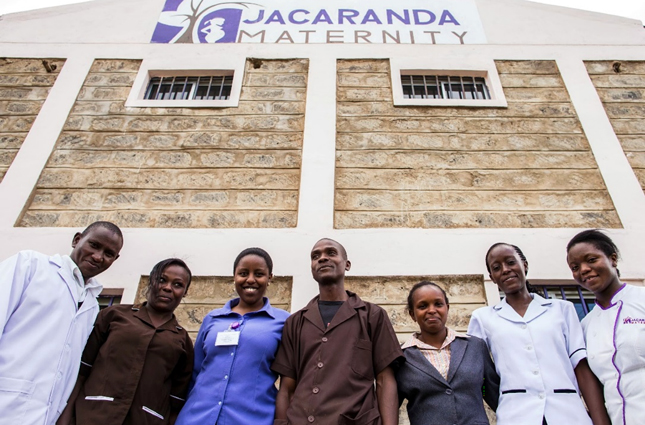
A roadside billboard in Malawi reads: “No woman should die while giving life.” But in many countries, death or grave injury during childbirth is an all too frequent occurrence. [Video Below]
-
Quality vs. Quantity: Faith Muigai on Providing Antenatal Care in Nairobi
›
In the quest to improve maternal health care for the world’s poorest women, getting more mothers into clinics for regular check-ups during pregnancy is often trumpeted as a critical starting point. But delivering antenatal care to women in low-resource settings is as much about quality as it is about quantity, says Faith Muigai in this week’s podcast.
-
A Closer Look at USAID’s Climate Strategy: Climate-Smart Development a Work in Progress
›July 14, 2014 // By Kathleen MogelgaardIn March, the Intergovernmental Panel on Climate Change released its latest comprehensive synthesis of climate change research. The report concludes that “impacts from recent climate-related extremes, such as heat waves, droughts, floods, cyclones, and wildfires, reveal significant vulnerability and exposure of some ecosystems and many human systems to current climate variability.”
-
Investing in the Leaders of Tomorrow: World Population Day 2014 Youth Infographic
›World Population Day began in 1987 after public imagination was sparked by the idea that there could be 5 billion people on Earth. Today, we’re well past 7 billion and according to the latest UN projections, headed north of 9 billion by mid-century.
-
Seven Billion People, One Planet: Roger-Mark De Souza on Empowering Young People
›“Population is critical to thinking about sustainability and human wellbeing, and how we live and subsist on the planet,” says ECSP’s Roger-Mark De Souza on this World Population Day.
-
From the PHE Conference in Addis Ababa, a Progress Report on Integrated Development
›
My grandmother was pleased when I told her I was heading to Ethiopia last November for an international conference focused on population, health, and the environment.
-
Special Issue of ‘Reproductive Health Matters’ Highlights Integrated Development, Resilience Efforts
› The May edition of Reproductive Health Matters is a special edition on sustainable development and reproductive health and rights. Our own Roger-Mark De Souza writes that in the quest to build resilience, development practitioners can learn from integrated population, health, and environment (PHE) programs.
The May edition of Reproductive Health Matters is a special edition on sustainable development and reproductive health and rights. Our own Roger-Mark De Souza writes that in the quest to build resilience, development practitioners can learn from integrated population, health, and environment (PHE) programs.
Showing posts from category global health.


